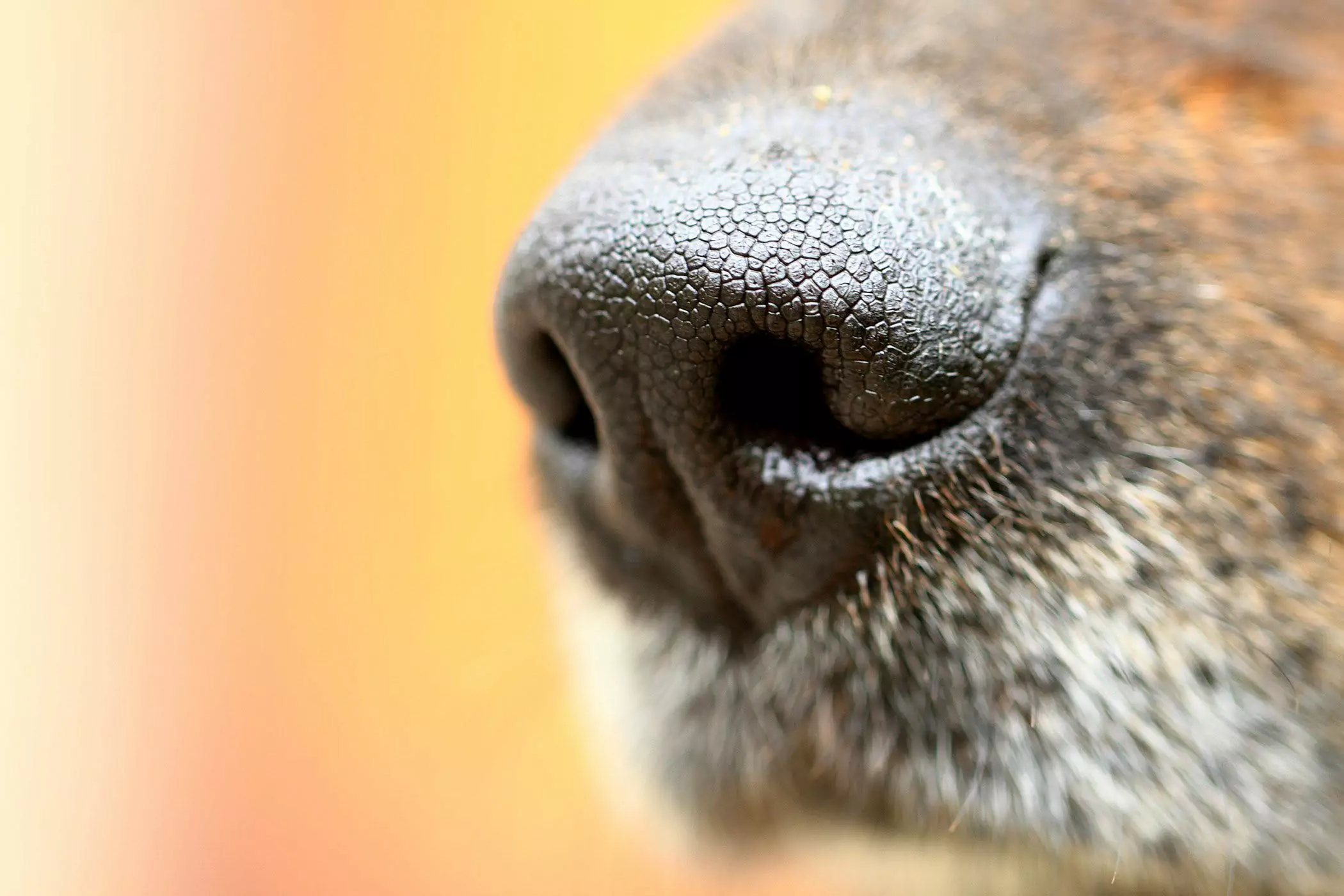Can cats be autistic?
2022-07-07
One of the things we love about cats is that they are somewhat similar to us. Whether it's a need for affection and companionship or a strong desire to play, cats and humans have a lot in common.
This can lead people to look for connections that may or may not exist. One such connection is the behavioral conditions found in humans, and once you become familiar with these conditions and their symptoms, you may begin to see them anywhere, even in your cat.
Cute cats sniffing greenery
Many pooper scoopers suspect that their kittens have autism. Some overlap does exist between behaviors found on the autism spectrum and those often exhibited by cats, but does this mean that a cat might have autism?
I. What is autism?
Autism is not a single disorder. Rather, it represents a range of conditions characterized by problems with speech, social skills, nonverbal communication, and repetitive behaviors. However, the types and severity of these problems can vary dramatically, and one person's symptoms may be completely different from another's.
This is why many experts prefer to call it "autism spectrum" (or the clinical term "autism spectrum disorder") rather than "autism. Autism is not an intermittent disorder; some people need to deal with only minor issues, while others may require a lifetime of extensive care.
Autism spectrum disorder is a developmental disorder that affects a person's ability to learn, think, and solve problems. There are often no physical clues that someone may be on the spectrum, making diagnosis difficult and potentially problematic for those on the spectrum, as many people are unaware that the person they are talking to may be dealing with behavioral challenges.
There are quite a few behaviors that may be present in a particular person. Too many to discuss in-depth in this short article, but here are some that are often seen in cats as well.
Difficulty getting along with others
Avoids eye contact and wants to be left alone
Doesn't want to be held, touched, or cuddled
Interested in others, but unable to communicate or play with them effectively
Repeats the same actions over and over again
Difficulty adapting to changes in daily life
Autism, also known as autism, is a term we often hear in our lives, and from time to time we read about people with autism online or hear about them in our lives. This mental illness can be quite familiar to modern people. There are various reasons for autism, some may be a developmental disorder caused by congenital genetics, and some are influenced by the environment.
It is not only humans who can suffer from autism, but animals are also very likely. We can see that some cats always look arrogant, do not do anything enthusiastic, and do not love to have any intimate actions with the pooper scooper, sometimes hug it is always a cold look, like a fast wood, so that people do not feel the slightest warmth, it is easy to give birth to a sense of distance, and even some pet owners have gradually lost the initial patience, not willing to interact with their cats.
But, likely, this is not a cat that is too high and cold, but they have autism.
The causes of early autism in cats are very similar to those in humans, some are congenital communication disorders, which are very obvious when they are kittens, other kittens are happily playing with their mothers or siblings, while cats with autism are left alone, show a lack of interest in food and toys, and never know how to protect themselves.
Most cats with autism are related to their living environment. It is possible that it was originally a lively, curious kitten, but was brought home by the pet owner, for various reasons, who usually ignored it, and even scolded the cat when angry to let off steam, and over time the cat will be extra fearful of people, life is relatively boring without the company of the pet owner, they will seem more depressed, and over time is likely to suffer from autism.
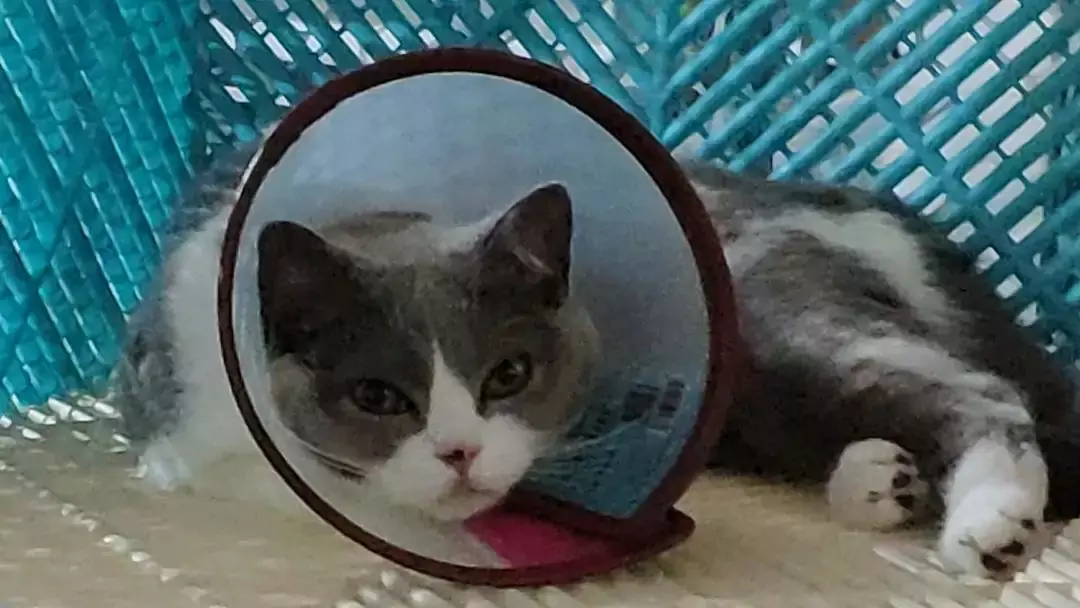
II. What about cats on the spectrum?
Autism spectrum disorder is a psychiatric disorder, and although cats may suffer from psychiatric disorders such as obsessive-compulsive disorder, there is no evidence that cats may be on the autism spectrum. Instead, most of the seemingly autistic behaviors exhibited by felines are simply because they are cats.
It appears that most of the psychiatric problems experienced by cats are directly related to physical causes, such as injury, disease, or birth defects. On the other hand, autism is largely associated with genetic risk factors, although environmental risk factors (such as complications during pregnancy) may also play a role.
It is important to understand that your cat has a different approach to behavior toward you, toward other people, and other animals than it does between people. It makes sense that a cat might be indifferent to a stranger. After all, they could be a potential threat.
Many cats can get away with such behavior, even if they tend to be violently aggressive because they are cute and humans expect them to behave that way. However, if a person treats others in this manner, the behavior is labeled as abnormal and attempts will be made to correct it.
Thus, autistic behavior has more consequences in humans than in animals. A person who does not like eye contact or has difficulty communicating with others may be at a great disadvantage in life. But cats that behave in this way may be considered excellent representatives of their species.
Closing a window and opening a door?
One potential side effect of having autism is an increased ability in areas such as math or music. While this talent is relatively rare and often dramatically exaggerated in popular culture, it is often one of the first things many people think of when they think of autism.
Some of these people will notice that their cat exhibits amazing intelligence and think they must have a cat with autism.
That means no kitten likes to wear an Elizabethan ring!
However, what it does explain is that cats are intelligent animals (and often motivated by food). Some breeds, such as Abyssinians and Birmans, are particularly known for their intelligence, so if you have either, you'll probably be impressed with how smart they are.
That said, this doesn't make them autistic, even if they don't like affection or have difficulty communicating.
What about repetitive behaviors?
Some people on the autism spectrum tend to exhibit repetitive behaviors, such as fiddling with objects, shaking their bodies, or adhering strictly to certain traits and rituals. They may also be preoccupied with certain interests, such as train schedules or sports statistics.
If you have a cat, these behaviors may sound familiar. Some cats are prone to compulsive behaviors, such as excessive walking, sucking on fabric, and chasing things we may see or not see.
However, these behaviors do not mean that your cat has autism. OCD can affect cats as well as humans, and it often leads to extreme repetitive behaviors in cats. Anything from stress to chasing a laser pointer can lead to OCD.
OCD in cats can be a serious problem, and it is something you should talk to your veterinarian about. However, it is not a sign of autism.
What is the conclusion?
Although cats often exhibit some of the same behaviors as people with autism, there is no reason to assume that they have the disorder. Rather, these behaviors are simply signs that your cat is being himself.
Unless your cat's behavior is causing them (or you) physical or emotional harm, there is nothing to worry about. However, this is not to say that you shouldn't check other furry members of your family, as there is evidence that dogs may also have autism.
Was this article helpful to you?
Other links in this article
English:
Can cats be autistic?
Deutsch:
Können Katzen autistisch sein?
español :
¿Los gatos pueden ser autistas?
Français:
Les chats peuvent-ils être autistes ?
Italiano:
I gatti possono essere autistici?
Nederlands:
Kunnen katten autistisch zijn?
Polskie:
Czy koty mogą być autystyczne?
Português:
Os gatos podem ser autistas?
português (Brasil):
Os gatos podem ser autistas?
русский:
Могут ли кошки быть аутистами?
日本語:
猫は自閉症になるのか?
中文简体:
猫会有自闭症吗
中文繁体:
貓會有自閉癥嗎
Comments
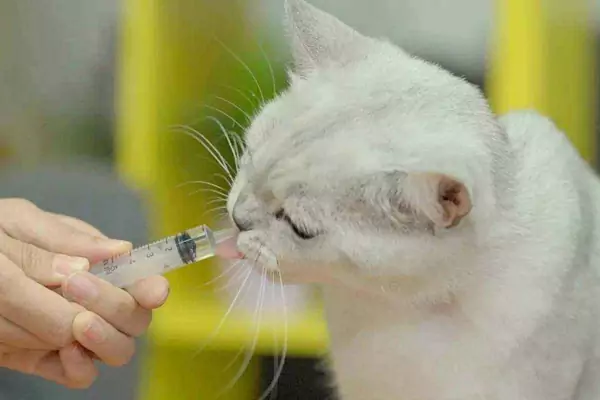
How do I get my cat to take medication?
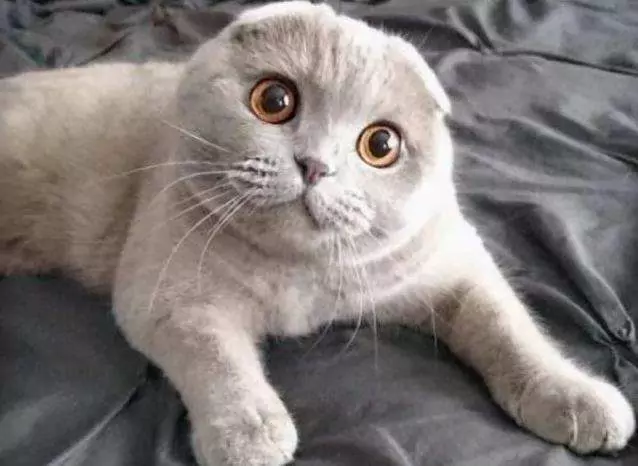
How long can cats live? Symptoms of cats before they die
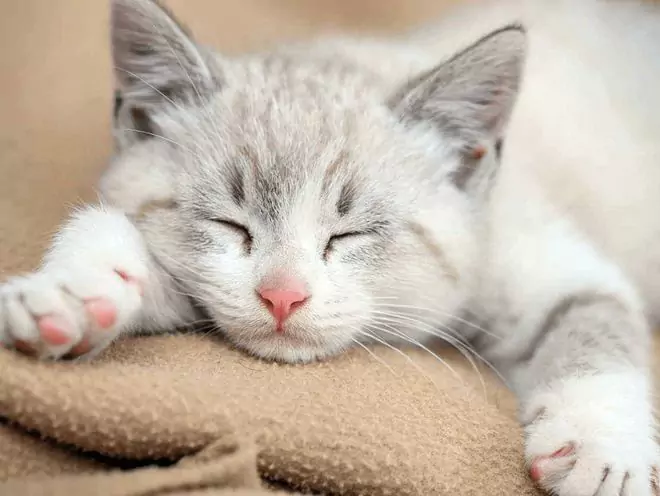
Do cats get colds? What is a cat's cold?
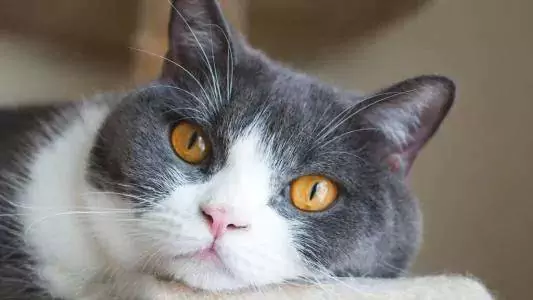
Why do cats sneeze? What are the reasons why cats sneeze?
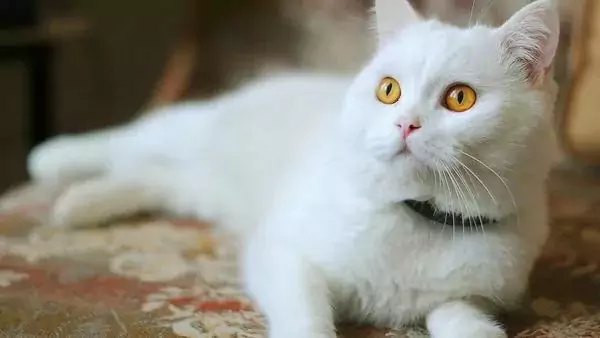
How to get rid of fleas on cats naturally? Why do cats have fleas on their bodies?
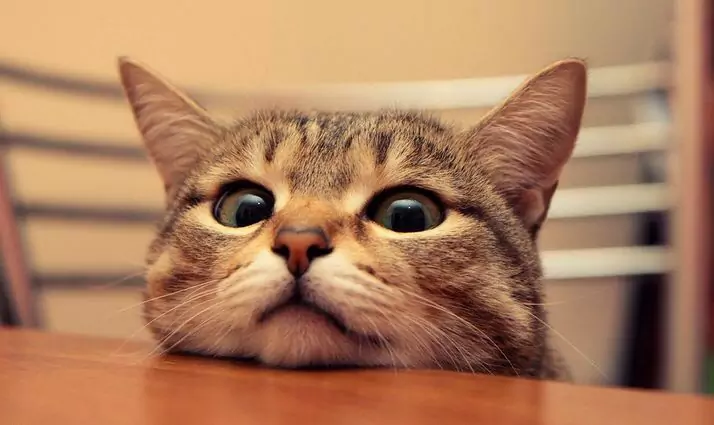
How to check for ear mites in cats
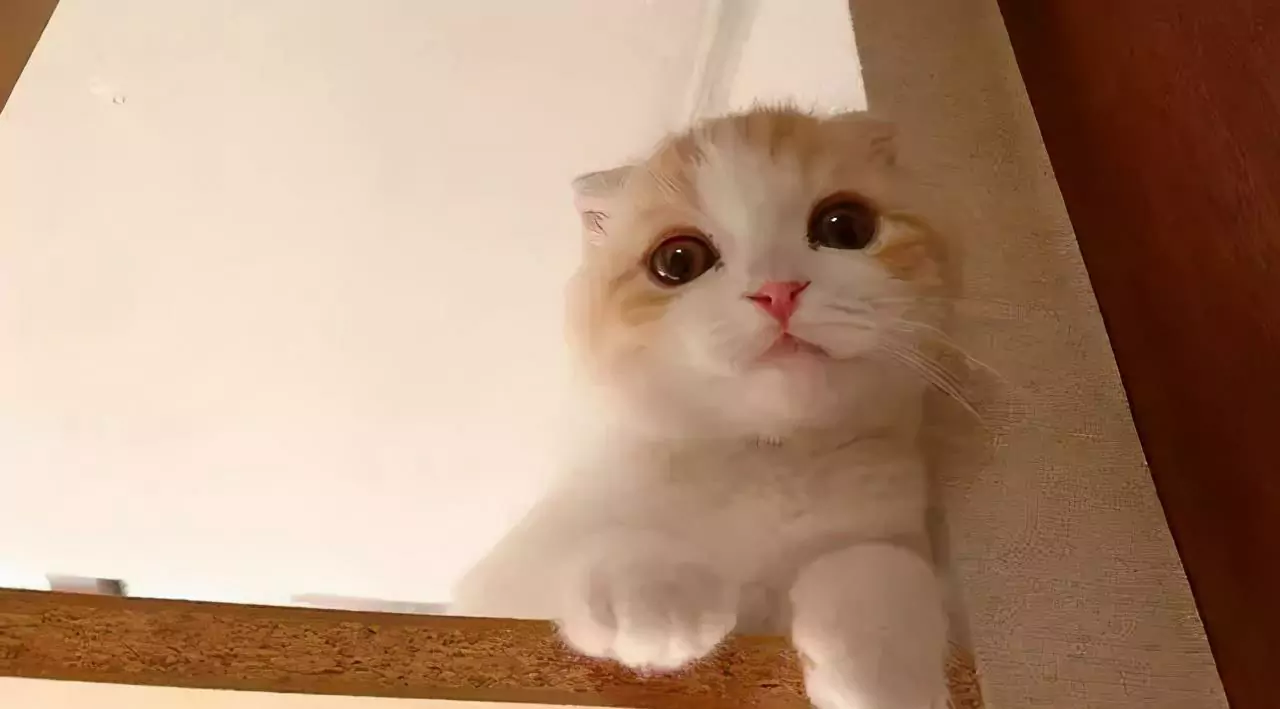
Why do cats vomit? Judging cats based on vomiting
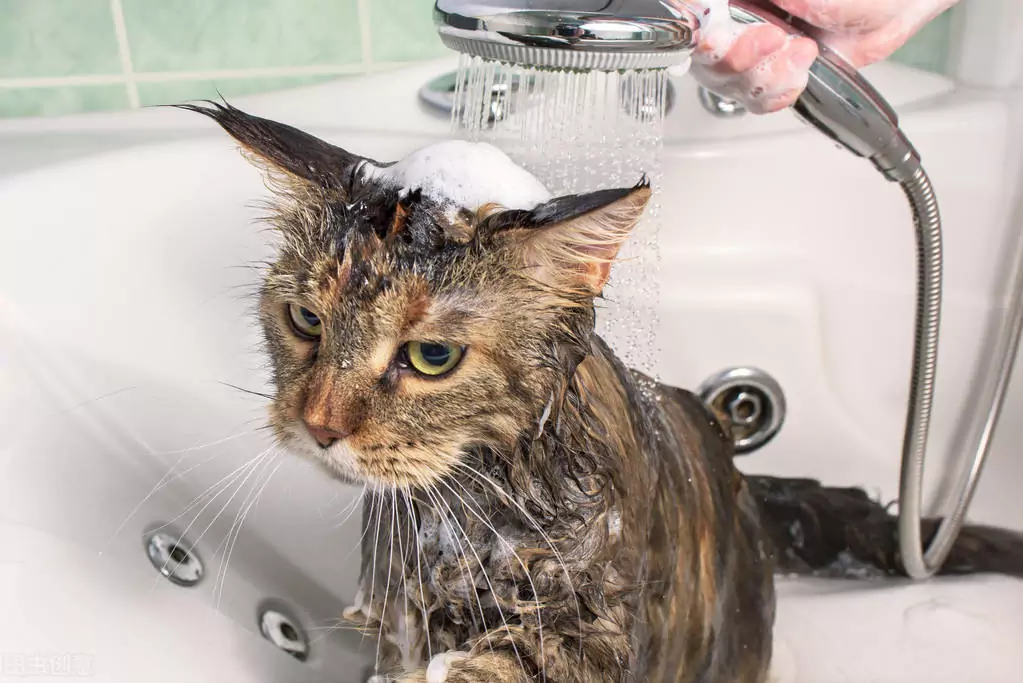
How do get rid of fleas on cats? How can I tell when I have fleas on my cat? How to prevent fleas?
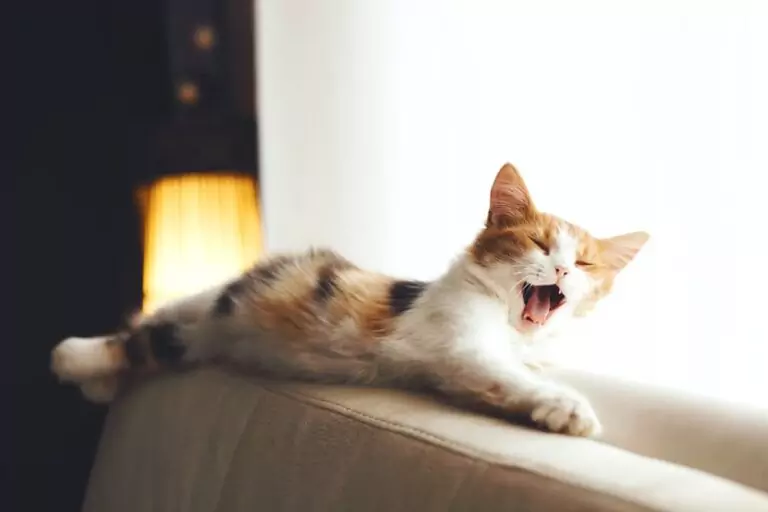
Why does my cat cough

Why does my cat vomit undigested food? Causes of vomiting in cats





